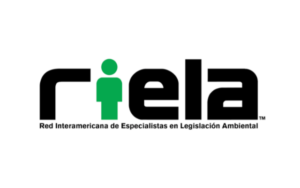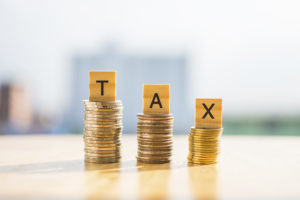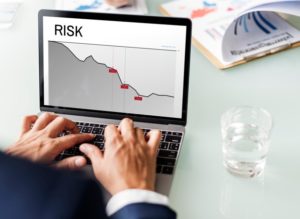The National Executive has decreed a State of Alarm throughout the entire country via Decree No. 4,160, published in Official Gazette Special Issue No. 6,519 dated March 13, 2020. This decree provides the rules governing the State of Alarm announced for the purpose of mitigating and curtailing the risks of an epidemic caused by this novel coronavirus (COVID-19). The original term provided for in the Decree was 30 days; it has now been extended for an additional 30 days, with the same provisions, by Decree No. 4,186, dated April 12, 2020 (Official Gazette Special issue No. 6,528).
The rules cover two fundamental aspects of this State of Alarm:
- Immediate Prevention Measures
These are mainly:
a.1) Declaration of a permanent state of emergency in the health-care system for prevention and care of anyone who may come down with the disease.
a.2) Restrictions to circulation of people in vehicles or on foot. In any case, the Decree includes provisions allowing the circulation of vehicles and people for the purpose of buying essential goods such as food, medicine and medical products. It also allows the circulation of vehicles and pedestrians engaged in activities that cannot be suspended under the current rules and regulations. In the case of shopping and the like, the Decree stresses the fact that it is preferable for this to be done by a single person in the family or group of workers and for companies to appoint a limited number of people in charge of these activities.
a.3) Suspension of activities, even in the case of jobs where remote work, with people working from their homes, is not feasible. The Decree does list a number of activities that may not be suspended, such as essential utilities (electric power, telephone service, waste removal and, in general, other similar services), as well as those involving health care, manufacturing, processing, storage, sale and distribution of food, armored-car services, and the sale of fuel and lubricants.
a.4) Mandatory use of face masks covering mouth and nose on public transportation of any kind; at bus, metro or train stations; at health-care centers, both public and private; supermarkets and, in general in all public areas.
a.5) Suspension of school and academic activities in general, as well as events and places where people are crowded together, such as sporting events and shows, exhibits, concerts, lectures, restaurants, cafés, bars, ice-cream parlors, theaters and movie theaters. Establishments that sell meals and drinks may remain open, but only to provide home deliveries or take-out.
a.6) Suspension of outgoing or incoming flights when there is the risk of the entry of passengers or merchandise that could be carrying the COVID-19.
b) Additional Measures in the Case of Contagion or Suspected Contagion
These are mainly:
b.1) Mandatory isolation or quarantine in the case of anyone suspected of having contracted the coronavirus disease caused by the COVID-19 or confirmed or suspected of having been exposed to patients believed to be ill with the disease. The isolation or quarantine period is two weeks.
b.2) Authorization for law enforcement bodies to inspect establishments, people or vehicles when there are grounds for suspecting a violation of the rules provided for in the Decree.
c) Other Provisions
c.1) The Decree created the Presidential Committee for the Prevention and Control of the Coronavirus (COVID-19) in charge of coordinating and advising on the implementation of measures aimed at halting and controlling the pandemic. This Committee is chaired by the Executive Vice President.
c.2) An interested party may not be held responsible for any suspension or delay in carrying out administrative procedures as a result of the suspension of activities or restrictions to circulation. The public administration may not argue these causes in the case of delays in the performance of its obligations.
c.3) The Supreme Tribunal of Justice, en banc and in compliance with the provisions of the Decree, agreed to a suspension of court activities with the exception of criminal-court activities, which will be carried out under special system of on-duty personnel.
Lubín Chacón García



